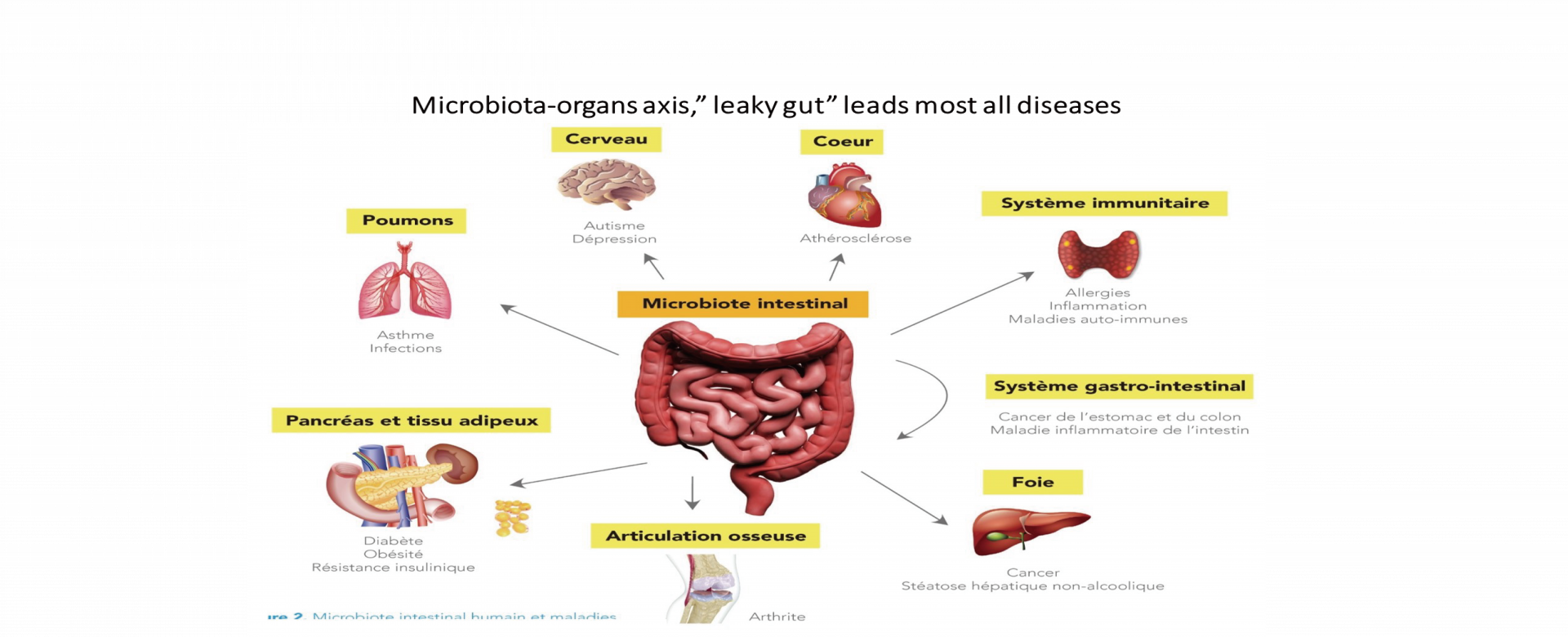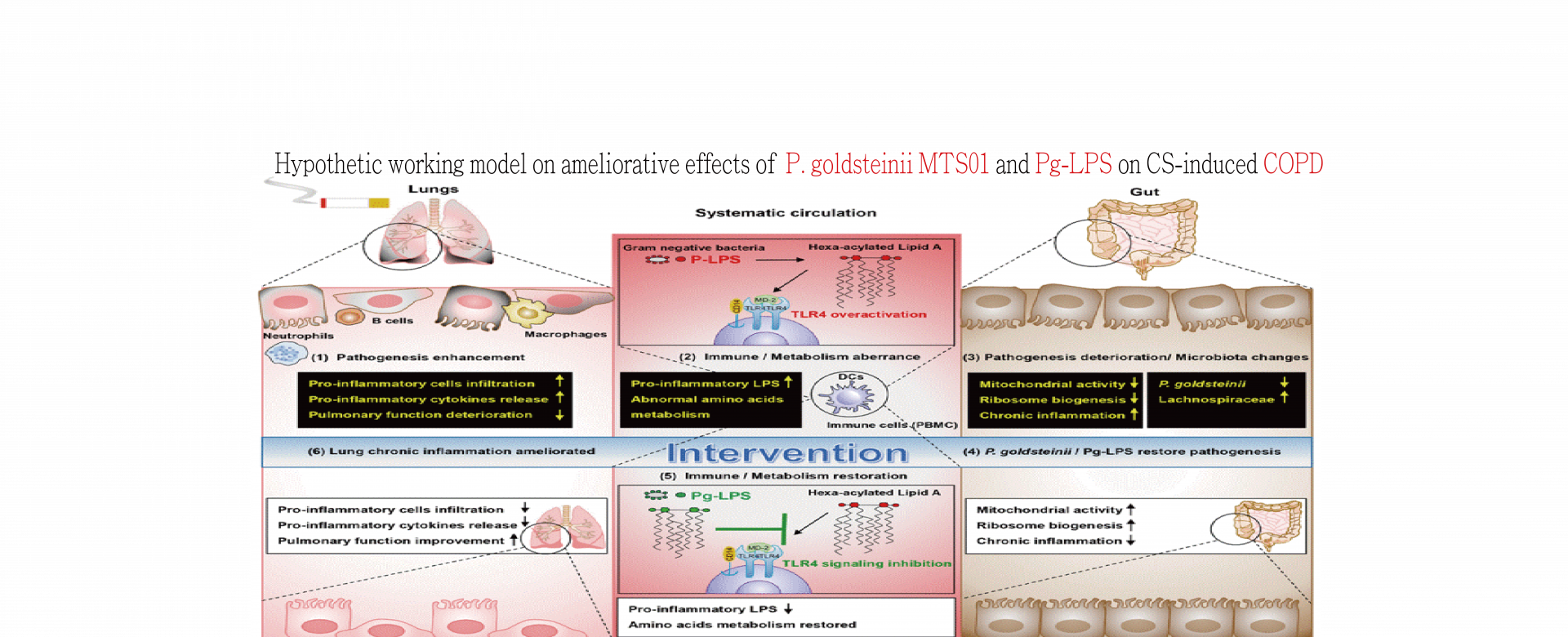Featured Scientist

Chia-Chen Lu, Ph.D.
Professor
Department of Respiratory Therapy
Education Background
B.S., Respiratory Therapy, Chang Gung University, 08/1999 – 06/2003
M.S., Physiology and Pharmacology, Chang Gung University, 09/2004 – 06/2005
Ph.D., Biomedical Sciences, Chang Gung University, 09/2005 – 01/2010
Postdoc., Immunology and Microbiology, University of California, 01/2010 – 08/2010
Experience
Assistant Professor, Fu-Jen Catholic University, 09/2010 – 07/2015
Associate Professor, Fu-Jen Catholic University, 08/2015 – present
Head of Respiratory Therapy Department, Fu-Jen Catholic University, 08/2011- present Research
Research Interests
Immunology
Microbiology
Physiology
Respiratory Therapy
A novel next-generation probiotic: new opportunity for treatment of chronic obstructive pulmonary disease
The roles of gut microbiota in host health development are being rapidly recognized, which leads to great potentials for applications in precision and translational medicine. Dr. Chia-Chen Lu in collaboration with her co-workers have identified a commensal bacterial strain, Parabacteroides goldsteinii MTS01, and its derived anti-inflammatory lipopolysaccharides (Pg-LPS) can ameliorate chronic obstructive pulmonary disease (COPD). The results were published in Gut in March 2021 (IF:19.819).
Chronic obstructive pulmonary disease (COPD) is a multidimensional progressive lung inflammatory disease, with pathological changes in the large and small airways. COPD has a huge global prevalence (251 million cases in 2016) and causes high mortality (3.17 million deaths in 2015), with a prediction of being the third leading cause of mortality in 2020. There are many measures for COPD management; however, persistent and progressive pulmonary inflammation is still common among patients. The roles of microbiota in development of host health are emphasized, some supporting the role of respiratory tract microbes towards the onset, progression, promotion and severity of COPD chronicity. Emerging evidences indicate close interactions between gut microbiota composition and lung immunity. However, the relationship between gut microbiota composition and COPD development is still to be well characterized.

For the first time, the team established the gut microbiota-lung COPD axis using a mouse cigarette smoking model. These findings highlighted the important causality role of gut microbiota dysbiosis in COPD pathogenesis. Furthermore, the beneficial bacterial strain (Parabacteroides goldsteinii MTS01), together with its derived LPS (P. goldsteinii-LPS) may be developed as an agent for clinical practice in COPD.
195 views
